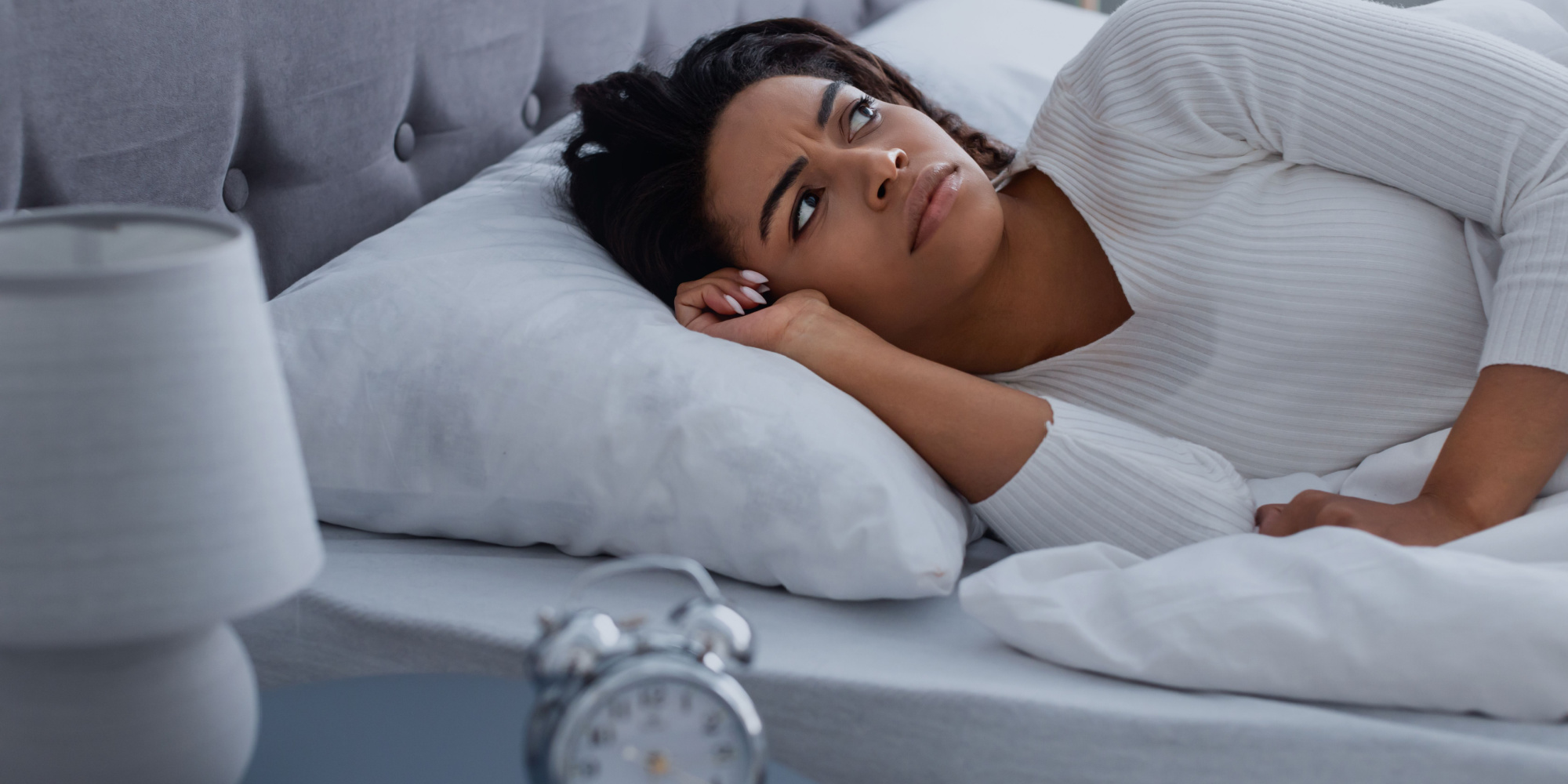Why Am I Sleeping Terribly At Night?
Aug 21, 2023 mindpumpI’m sure you already know how important sleep is for your health. You can do everything right during the day (working out, eating healthy), but it’s all for nothing if you have poor sleep habits.
For both physical and mental health, sleep is a vital component to one’s well-being, and healthy sleep habits need to be taken seriously.
Unfortunately, many of us struggle with getting enough sleep, or not getting quality sleep despite logging the recommended 7 to 9 hours a night. This article is going to go over why you’re not sleeping well, and how to fix it.
You Are Stressed
We’ve all been there–tossing and turning at night because of stressful events in our lives. Whether it comes from work, family, or something else entirely, high stress levels will make it much harder to sleep at night.
High stress causes heart rate and cortisol levels to increase, making it much harder for your body to relax. Some stress in our lives is actually a good thing, like when we are working out and the stress we put on our bodies leads to improvements in body composition and performance, but prolonged stress leads to negative implications such as inflammation, digestive issues, and changes in appetite.
If you feel like your stress levels are off the charts, try doing things before bed to steady your breathing and clear your head. We really like using Brain.fm, a science-backed music platform designed to enhance sleep and relaxation.
Not Getting Enough Sun
Something I have learned in recent years is how important exposure to the sun is for your body’s biological clock. Our body follows a “natural clock”, meaning we have an internal clock in our brains that regulate cycles of alertness and sleepiness in response to light changes in our environment. Naturally, we should wake when the sun rises, and go to sleep when the sun sets.
When we don’t get enough light during the day, this tends to throw off our hormones, therefore leading to detriments in melatonin production and poor sleep.
We may be in a position where the proper amount of light exposure is just not in the cards; the perfect example is someone who works the night shift. Having access to a red light therapy device, like one from Joovv, can benefit your circadian rhythm and also improve your recovery.
You Don’t Have a Bedtime Routine
You need to have a bedtime routine you follow daily. Believe it or not, your body thrives on consistency, and following habitual, nighttime practices that promote sleep health will do wonders for your mental and physical well-being. Here are some things you can do before bed to promote a quality night of sleep:
- Put down the electronics two hours before bed. Exposure to blue light from your television, phone, or laptop before bed can make it difficult to fall asleep, and stay asleep.
- Find something to do to turn off your brai. This can involve a bubble bath, a good book, or light stretching. I like to take it a step further by using the Ned hemp oil Sleep Blend; it doesn’t make me drowsy, it helps me get into a relaxed state. Pair that with a good book, and I am out!
- Refrain from working out right before bed. Many people prefer to work out in the evenings, but try not to within two hours before you go to bed. Your cortisol levels naturally increase during and after a workout, so you want to ensure those levels are back to normal before you get ready for bed.
- Lower the temperature in your bedroom. Studies show that people get better sleep when the temperature is cooler.
It’s What–And When–You Eat
I will state the obvious that sugary foods right before bed is not a good idea. But something else to consider is how close you eat to your bedtime can affect how you sleep. Our bodies work pretty hard to digest our food, so if it is trying to do all of that as you attempt to fall asleep, your body is obviously not in a relaxed state.
Also, you may think a glass of wine or two helps you fall asleep, but I can guarantee you it is doing nothing for your sleep health. If you don’t believe me, can you say with confidence that you feel refreshed after a couple of drinks the night before?
I hope you can take something out of this article to help fall asleep faster, stay asleep, and wake up ready for the day.







